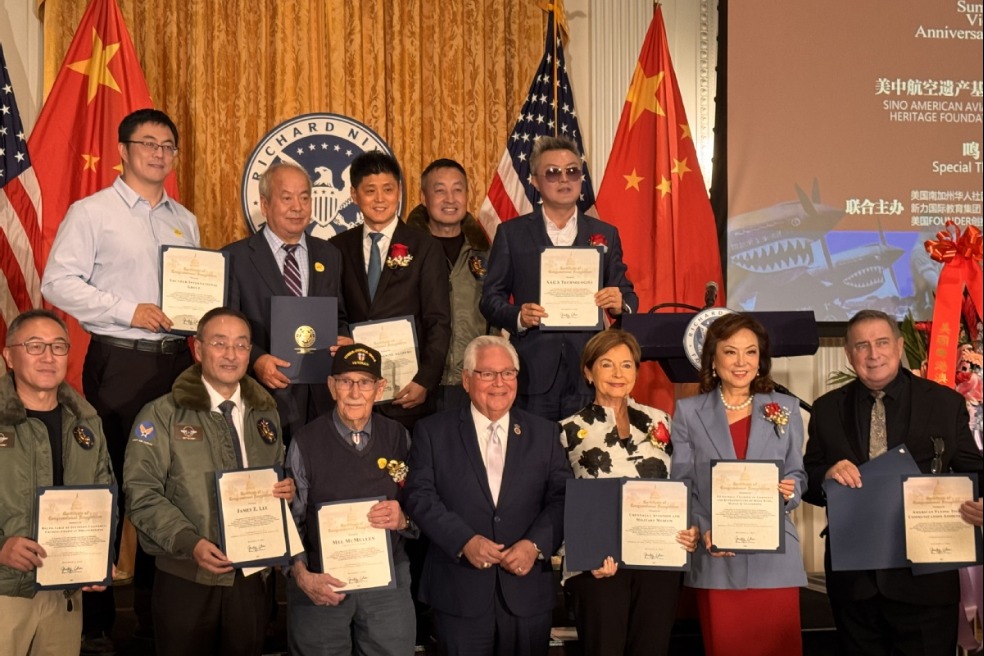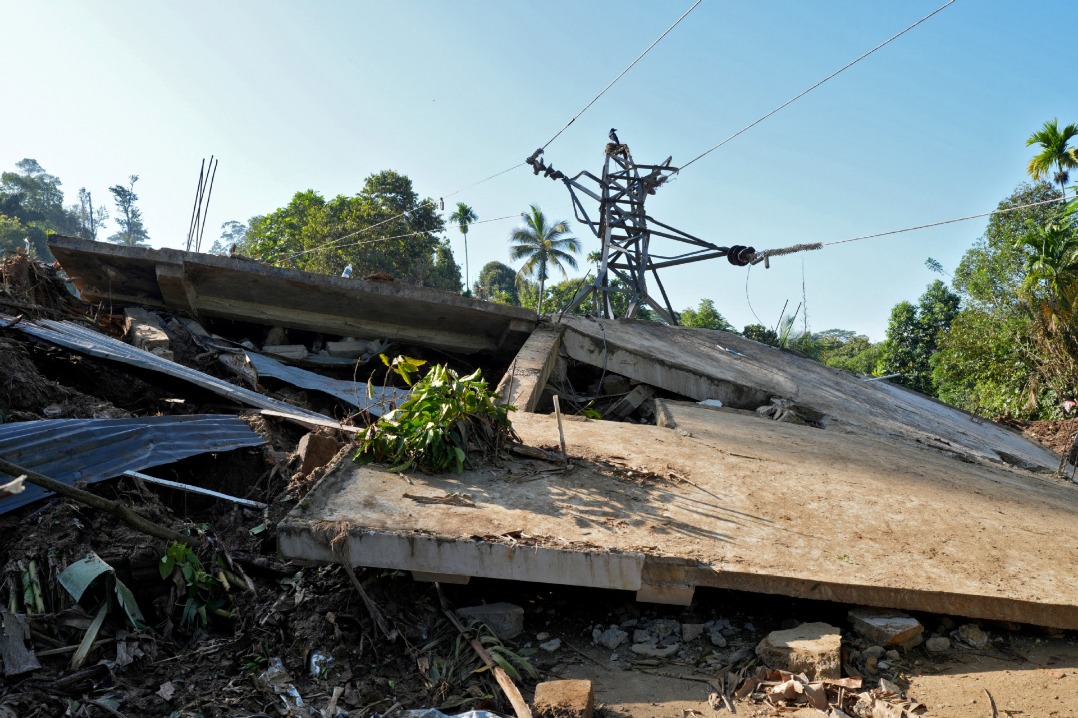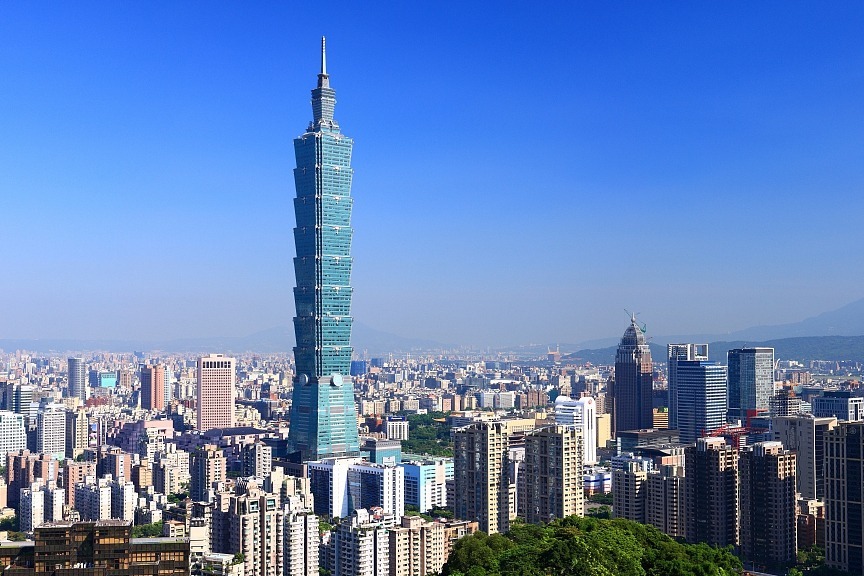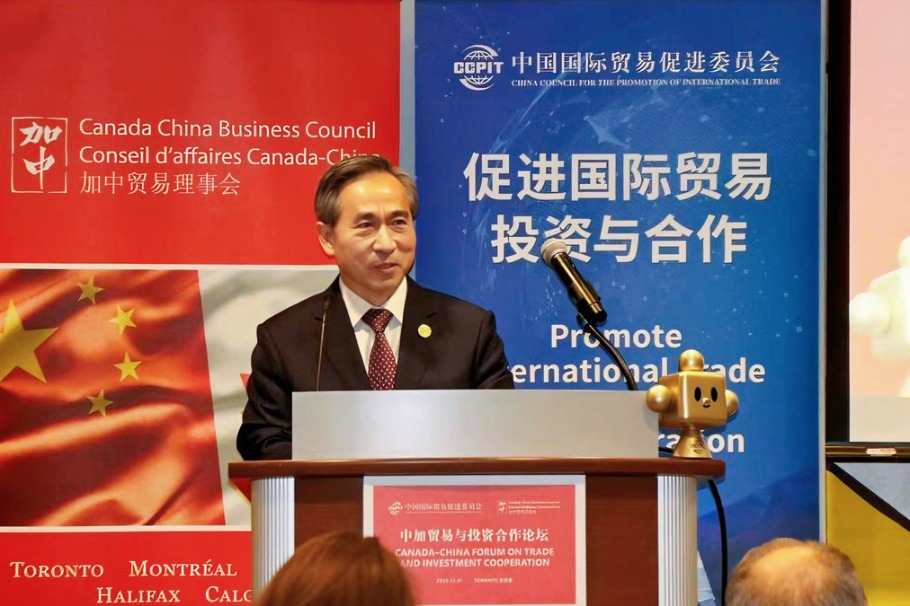Climate summit tackles 'existential crisis'

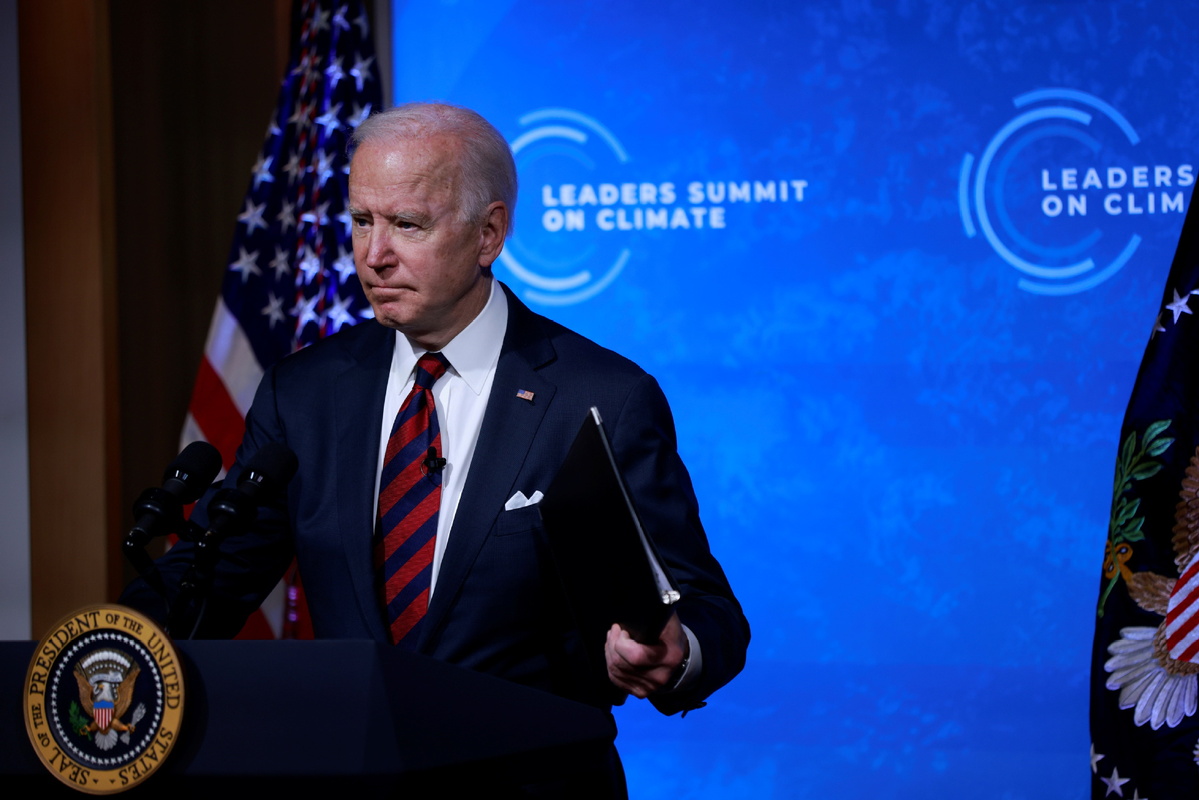
One politician said, "The cost of inaction keeps mounting," another cautioned that "there's no vaccine against a polluted planet", while a young activist declared "the era of fossil fuels is over". The telethon-style livestream at the Earth Day summit echoed one theme: working together harder to limit the worst climate change.
The two-day virtual summit on climate change, hosted by US President Joe Biden, brought together 40 world leaders in an effort to address the "existential crisis" of climate disaster at a time when the world is still wrestling with the COVID-19 pandemic.
"The signs are unmistakable. The science is undeniable. But the cost of inaction keeps mounting," said Biden, who recommitted the US to the Paris climate accord three months ago, after his predecessor Donald Trump announced the withdrawal soon after taking office in 2017.
At the start of the summit, the White House unveiled the goal to cut US emissions up to 52 percent by 2030 compared with 2005 levels, a key step for the Biden administration to move toward the ultimate goal of net-zero carbon emissions by 2050.
Biden's climate envoy John Kerry later in the day said that the US will probably exceed that pledge.
Canada also raised its goal to a reduction of up to 45 percent by 2030 below 2005 levels, up from an earlier target of 30 percent, and Japan vowed to increase its target for cutting emissions to 46 percent by 2030, up from 26 percent.
"We must take action now. Because there's no vaccine against a polluted planet," Canadian Prime Minister Justin Trudeau said at the summit.
The reduction targets are formally known as nationally determined contributions (NDCs), through which governments are required by the 2015 Paris Agreement to commit to increasingly ambitious climate action.
The United Nations Secretary-General Antonio Guterres has called for countries to submit ambitious new NDCs, which are their climate plans for the next 10 years, to be backed up with immediate concrete action.
"Let us now mobilize political leadership to move ahead together — to overcome climate change, end our war on nature and build lives of dignity and prosperity for all," Guterres said at the virtual summit.
While the US' NDC target is nearly double the pledge made under former president Barack Obama of 26-28 percent below 2005 levels by 2025, there is no guarantee that Biden's climate goals will be realized if another climate change-skeptical president is elected.
White House press secretary Jen Psaki, addressing such a scenario at a pre-summit briefing Wednesday said that "the president has every intention of getting reelected", ensuring implementing policies of addressing climate issues and putting Americans back to work "go hand in hand".
Some researchers have said the US climate policy has been "unnervingly inconsistent", which means the Biden administration will need to work hard to build trust.
"In the US, climate change remains a partisan issue, with Democratic administrations introducing climate policies, only for these to be slowed down or reversed by Republicans," Antony Froggatt, a senior research fellow with the Chatham House, and his colleague Daniel Quiggin, wrote in an analysis at the end of last month.
This "stop-start approach" to climate mitigation and adaptation reduces the impact of domestic policies and diminishes the effectiveness of the US in the international process, they noted in a paper released by the London-based Royal Institute of International Affairs on March 29.
At the summit, Biden stressed the economic benefits of stronger climate action in the "decisive decade", saying decisions should be made to stave off the worst outcomes by trying to limit planetary warming to 1.5 degrees Celsius.
"Meeting this moment is about more than preserving our planet," Biden said. "It's about providing a better future for all of us."
Speaking at the meeting, US Secretary of State Antony Blinken told world leaders that there were "many issues on which we don't all see eye to eye" but dealing with climate change was not one of them.
"If we work together, we can do more than just address this crisis. We can turn it into an opportunity to improve our societies and deliver for people worldwide, and we can lay the foundation for cooperation on other shared challenges," he said.
In addressing the gathering via video link from Beijing, Chinese President Xi Jinping said China welcomes the United States' return to the multilateral climate governance process and looks forward to working with the international community, including the US, to jointly advance global environmental governance.
Xi reiterated the country's goal of striving to peak carbon dioxide emissions before 2030 and achieving carbon neutrality before 2060, noting that the period of China's commitment to move from carbon peak to carbon neutrality is much shorter than what many developed countries might need.
It will take 70 years for the EU, 45 years for the US, and about 30 years for China to move from carbon peak to net zero, Yi Gang, governor of the People's Bank of China, China's central bank, said last week.
Russian President Vladimir Putin also said his country was committed to fulfilling its international obligations to combat climate change.
"Russia is genuinely interested in galvanizing international cooperation so as to look further for effective solutions to climate change as well as to all other vital challenges," he said.
Putin, however, pointed out, "It is no secret that the conditions that facilitated global warming and associated problems go way back."
The morning session of the first-day event also heard a plea from Xiye Bastida, a 19-year-old leader of Fridays for Future, an international youth movement.
Bastida told the world leaders that the climate crisis is the result of powerful people like them who are "perpetuating and upholding the harmful systems of colonialism, oppression, capitalism and market-oriented brainwashed solutions" to global problems.
Instead of just talking about climate change, world leaders "need to accept that the era of fossil fuels is over" and to make an "immediate" transition to renewable energy worldwide and an end to fossil fuel subsidies and infrastructure, said the Mexican-born climate activist.

















